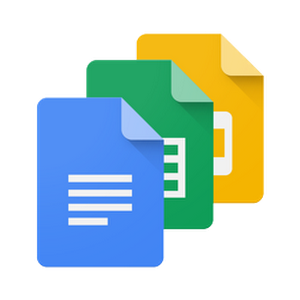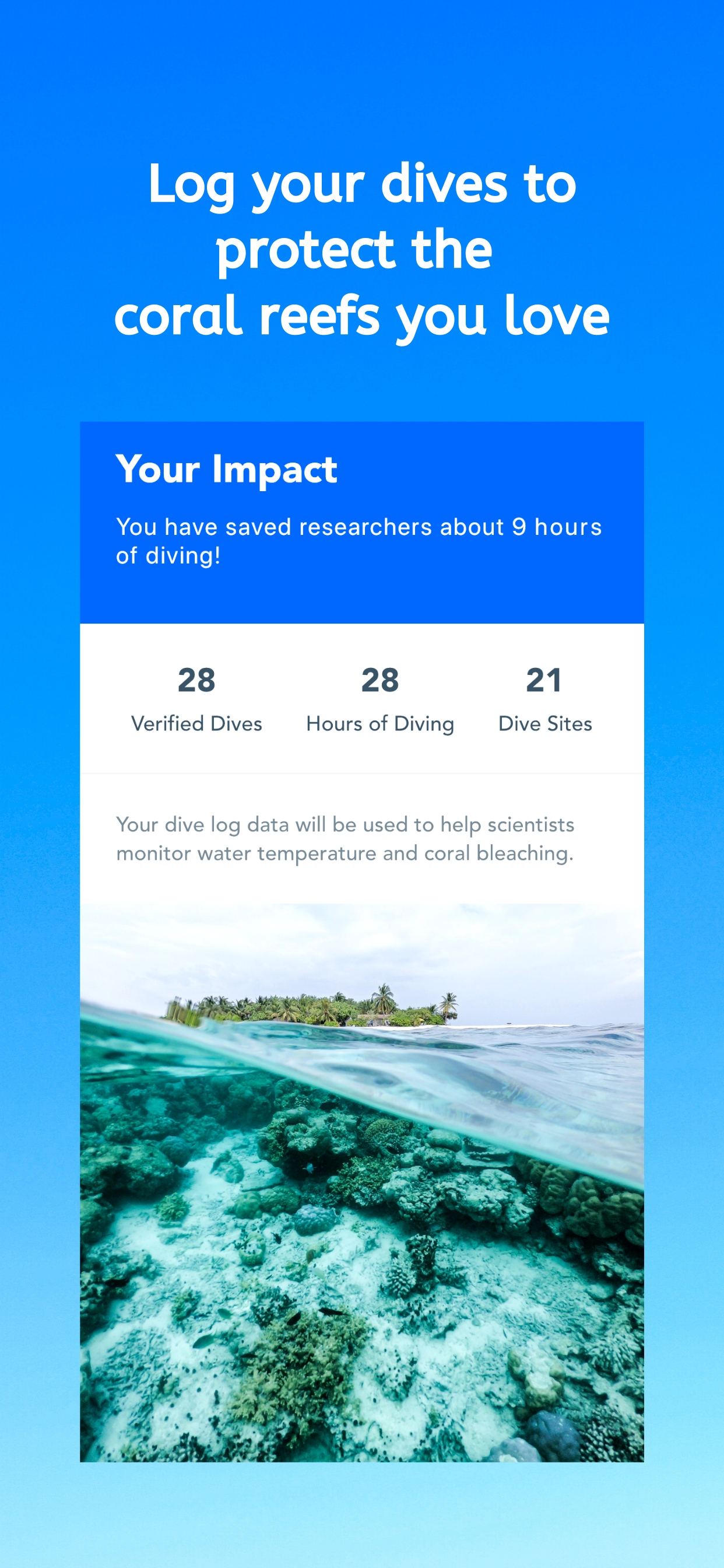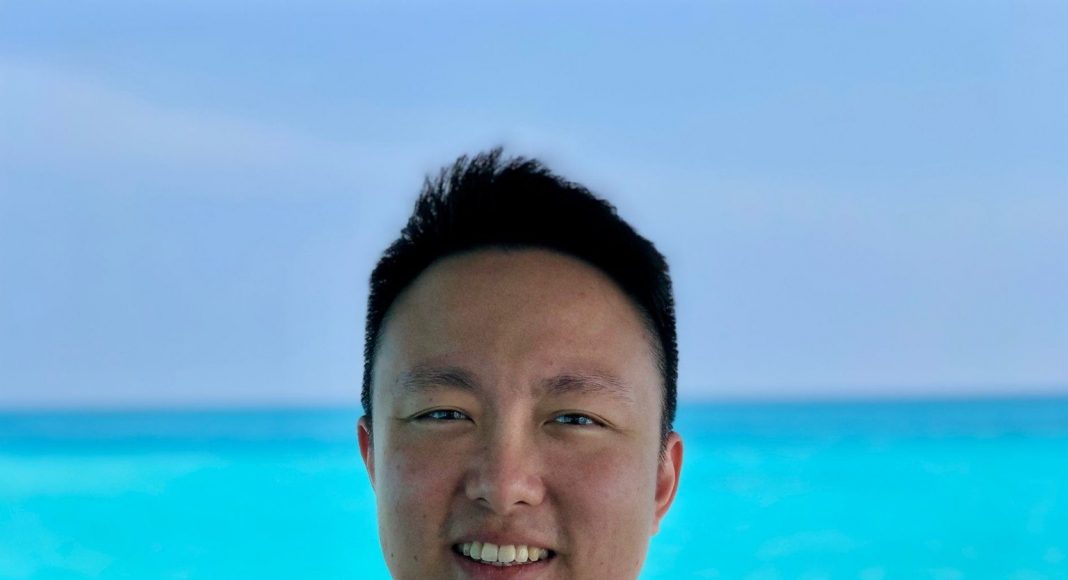Keith and I went way back from 2017 when I first met him at a co-working space in Ho Chi Minh City, Vietnam. Back then, we just launched our new HR platform 9cv9 and Keith was doing a marketing tech product. Meeting fellow Singaporeans serendipitously in hot and dusty Vietnam usually provides more than just the usual courteous greetings, i.e., honest gripes with the different living conditions (from Singapore), hearty approvals of the Vietnamese food cuisines (Phở, Hu tieu, etc) and nerdy tech startup conversations.
1) Hey Keith, share with us a little on your background and startup journey.
Well, I started as a marketing executive in a SME (“Small Medium Enterprise”) then a MNC (“Multi-national Corporation”). Thereafter, I decided to take the leap into the startup world. I founded Raydar, a search engine for free and paid stock photos. Later, we pivoted into an AI engine for content recommendation for companies on social media. After that, we joined an ad-tech company to build out their product together. I was a product lead there for about a year, and today I’m in Grab as a product manager. I still love solving user problems and building products, so in my free time, I work on a passion project, which is a dive log app called 150bar.
2) What makes you want to get started on your dive app? Tell us more on your Dive app.
As a diver, it is important that we log our dives to record the number of dives we have had, as it indicates the experience we have. Some dive sites are more challenging and it requires a diver to have at least 50 dives. There are many other dive log apps out there, but 150bar focuses to solve a personal pain point. This can be seen as crucial as the other comparable apps are either badly coded or designed. I just wanted something simple that works!
Along the way I realized that the data collected from dive logs can be used for citizen science, empowering more divers to log their dives, so scientists can use the data to track underwater temperature and reef health. That’s what we aim to do with 150bar. If you are a diver, you can find out more at our website.
3) How did u start? As in u design the app? Or u hire a designer? Or what?
As it is a passion project, I went through the process of trying to find other passionate volunteers, who are either designers or app developers. In the end I decided to work with freelancers so that the pace of work and app development is faster and more predictable. The goal with launching anything is to get an MVP (“Minimum Viable Product”) out asap, and test against your hypothesis formed during user research.
4) How is your app development workflow like?
I validated user’s pain points with a clickable prototype, and ironed out user flows and feature gaps. From there, I prioritised the user stories to decide the MVP scope, and worked with the designer and software engineer to iron out the design and engineering scope.
As it was a pre-launch MVP, I had a clear product scope and specifications written, and I worked with the team to break down the user stories into user flows, interaction logic and subsequently, engineering tasks. We had a weekly standup to share progress updates.
Now that the product is launched, it is more agile, based on user feedback and prioritising those against our backlog features that was planned for release post MVP.
5) What tools did u use during the app development?

We used Google Doc and Sheet for product planning and feature prioritisation, and Skype for communication.
6) Where did you hire your team from? What were some of the strengths and weaknesses of working with him/her/them?
150bar’s developer is from Ho Chi Minh, Vietnam. As Raydar’s team was previously located in Ho Chi Minh, I have had some experiences working with him. The experience has been great as the talents that I’ve had the chance to work with are always very willing to learn and takes extra effort to understand the user’s pain point.
That said, communication, especially when it comes to explaining intricate user flows or bug fixes, can sometimes be tricky. To do this, I try to make sure screenshots are shared together with an explanation. If necessary, I will highlight/circle the issue.
7) Tips (and warnings) for those who want to embark on a product career.
There are many cliches about what a product manager does. Overall, I’d say in most companies, the role is a very well rounded one where you have to work across design, engineering and business functions. Fundamentally, product managers have to have a strong fundamental understanding of who their users are, why they need this product and the impact it is supposed to deliver, for both the user and the company.
Also, building products is a very iterative process where many internal and external factors will influence your product roadmap. You should also be familiar with how to conduct user research and testing, and subsequently, scoping a product with measurable success metrics. Having analytics experience will also help you formulate and conduct better experiments, i.e., for example an A/B test after you launch, and thereafter, analysing those data points to optimize your product.

8) Any other things u want to share?
During this period of Covid-19 pandemic and its detrimental impact to businesses locally and globally, there will be an even stronger shift to remote working and companies will soon be even more open to hiring remote employees and teams. New job opportunities and roles will arise. See if you can spot those opportunities early, identify the skill gaps that you have, and optimize your learning during this period of slowdown to capitalize on the market rebound when the world recovers from Coronavirus.
150bar was launched earlier this year and I downloaded the app. It has a very cool UXUI to it and piques my interest into diving. If you are also interested to dive into the app, you can download it here:
Apple Store: https://apps.apple.com/sg/app/150bar-dive-log/id1494628741
Google Play: https://play.google.com/store/apps/details?id=com.a150bar.divelog_150bar































![Writing A Good CV [6 Tips To Improve Your CV] 6 Tips To Improve Your CV](https://blog.9cv9.com/wp-content/uploads/2020/06/2020-06-02-2-100x70.png)


